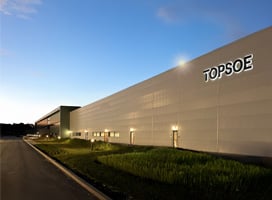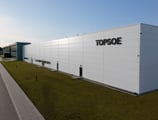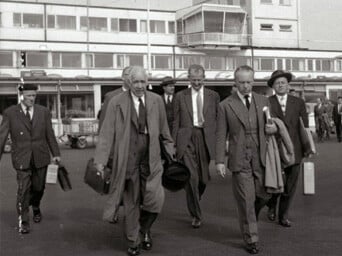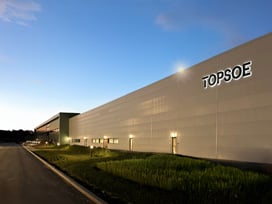Sustainable aviation fuel (commonly abbreviated to SAF) is a renewable fuel that can directly replace the conventional fuel used mainly in aviation today and bring down current carbon emissions from air travel.
Because SAF can be used directly in existing aircrafts as a direct replacement for conventional fuel, this fuel is an easy and essential short-term decarbonization measure that will help aviation decarbonize immediately.
SAF is produced with a blend of conventional kerosene (fossil-based) and renewable hydrocarbons and can be produced from a variety of different renewable feedstocks. These include virgin oils, waste oils and fats, solid biomass, CO2, and water and renewable energy via green hydrogen.
Knowledge & insights
Featured topics
By type
-
Featured
.png) Topsoe Academy™ Topsoe Academy™ is your chance to tap into over 80 years of accumulated knowledge Find out more
Topsoe Academy™ Topsoe Academy™ is your chance to tap into over 80 years of accumulated knowledge Find out more -
 Discover how we meet the new energy reality to drive a sustainable future. Read
Discover how we meet the new energy reality to drive a sustainable future. Read
Solutions
Back
Solutions
Industries
-
Offerings
- Technologies
- Services
- Catalysts
- Power-to-X
News & events
Back
News & events
Careers
-
 If you’re ready to work alongside inspiring people like Hadise, Go solve at Topsoe.A place to make an impactRead
If you’re ready to work alongside inspiring people like Hadise, Go solve at Topsoe.A place to make an impactRead



















